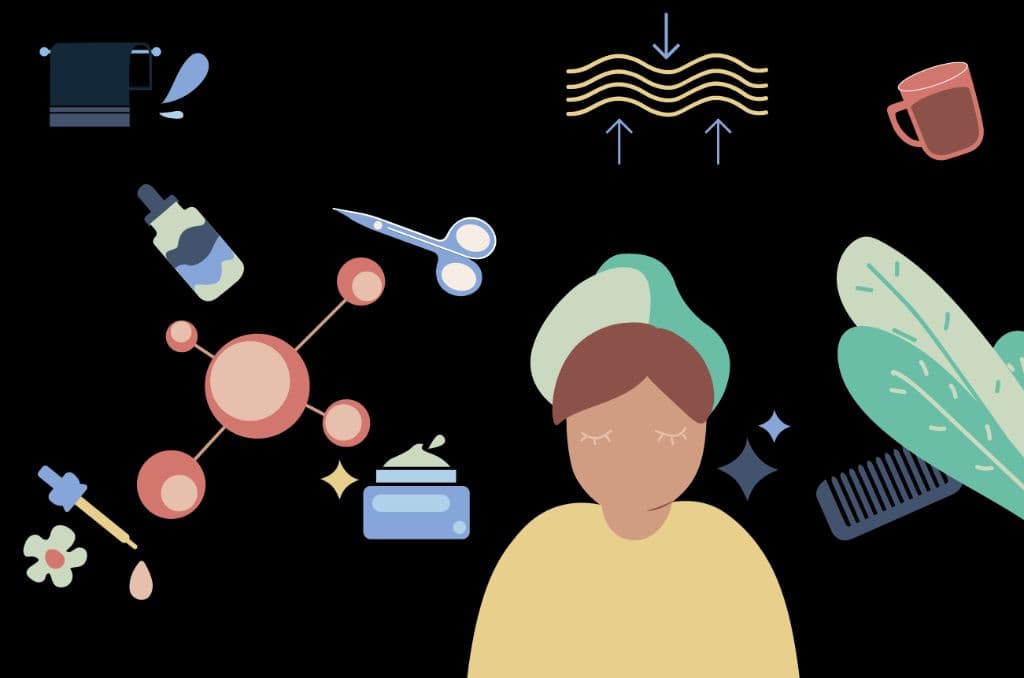This article has been written by Debayani Bose with clinical inputs from Dr. Renuka Dangare.
Where are Parabens?
Parabens are a synthetic preservative commonly found in cosmetics, but are present in multiple products such as pharmaceuticals, plastics, detergents and food, intended to extend their shelf-life. They are known to prevent the growth of harmful organisms such as fungus and bacteria. In addition, parabens are stable at a diverse range of pH levels and temperatures, usually inert (non-reactive) and are cheap to manufacture.
Where are we exposed to parabens?
Cosmetic products such as foundations and lotions often have parabens labelled on their ingredient list: methylparaben, propylparaben, isopropylparaben, isobutylparaben and butylparaben are some common examples.
The Science behind it:
Recent research that has gone into the effects of paraben usage has indicated that men who have been exposed to parabens have lower sperm motility and abnormally shaped sperm in comparison to those who did not have this exposure. However, this study had a small sample size of 315 men and did not take into account other environmental or medical factors. Past research on animals have shown that parabens imitate the hormone estrogen, thus lowering testosterone levels.
In a study on breast cancer in women, 19 out of 20 women had traces of parabens in their breast tissue. While inconclusive on the effects of parabens on cancer, this research did indicate the ability of parabens to penetrate the skin and remain within the tissue.
Parabens and female fertility:
Other research by the Endocrine Society classifies parabens as potential endocrine disruptors. Due to their impact on estrogen, they can affect women’s reproductive cycles, cause immune dysfunction, birth defects or behavioural disorders. One study linked parabens to premature ovarian aging, but concluded that more research was required.
The European Union has limited the use of parabens in cosmetic products, while banning them in certain other goods. Meanwhile, the United States Food and Drug Administration (FDA) continues to permit paraben usage. India laws do not ban paraben usage either. Short-term exposure to parabens may not negatively impact health, but cumulative exposure (through multiple mediums) can have potential long term effects.
The harmful effects of parabens have not been conclusively proven so far, but research into its effects on development, immunity and reproduction continue to grow. Most research into paraben use has been short-term and single exposure focused, thus raising questions on their long-term impacts.
The solution:
Paraben-free products may not be the solution, but are an easy alternative to excessive paraben consumption in our lives. While avoiding parabens may be nearly impossible, we can try to minimise our exposure to these products by reducing the number of paraben-containing products in our lifestyle. If the products you’re purchasing have propyl- or butyl- parabens on their label, you may want to be cautious with your purchase. Some brands that advertise paraben-free products include: Biotique, The Body Shop, Himalaya, Greenberry Organics and Lotus Herbals.

